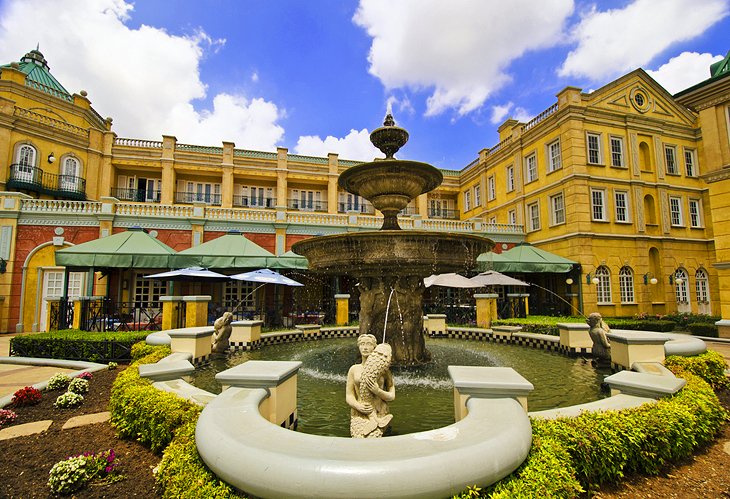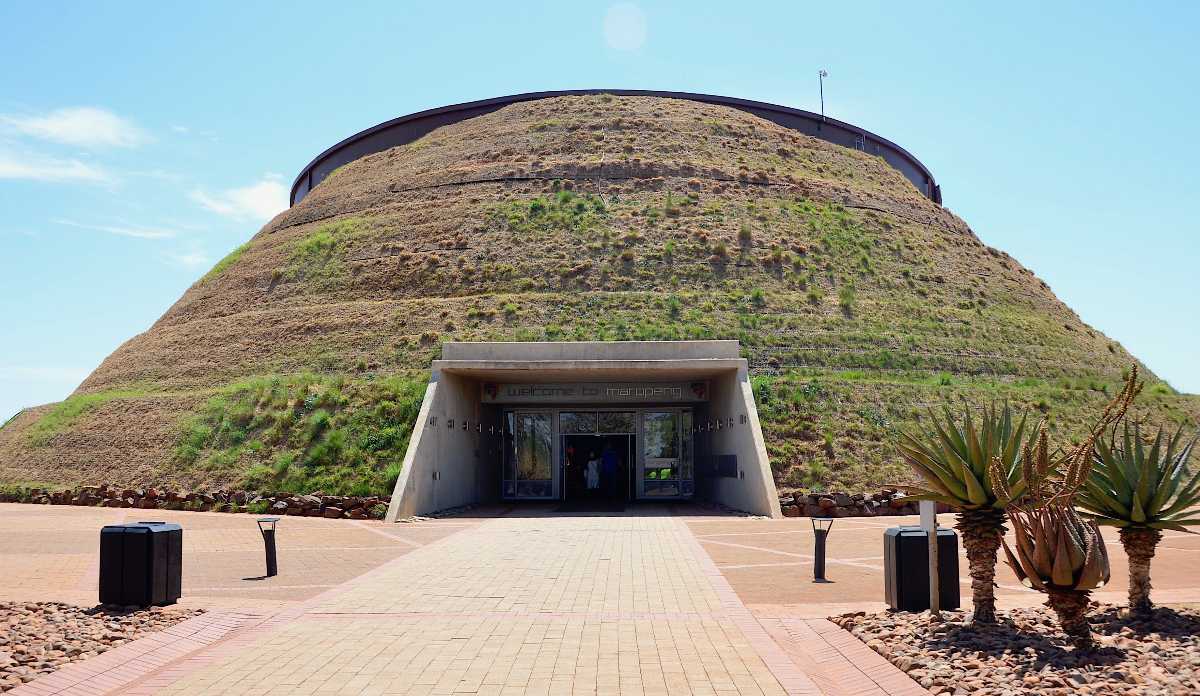Not known Facts About Johannesburg North Attractions
Not known Facts About Johannesburg North Attractions
Blog Article
The Only Guide for Johannesburg North Attractions
Table of ContentsThe Best Guide To Johannesburg North AttractionsThe 5-Minute Rule for Johannesburg North AttractionsJohannesburg North Attractions Fundamentals ExplainedThe Buzz on Johannesburg North AttractionsThe Of Johannesburg North AttractionsSome Known Factual Statements About Johannesburg North Attractions
The city owes its place to the existence of a a lot more priceless source: gold. The city grew on the edge of the Witwatersrand Key Reef, a below ground stratum of gold-bearing quartz-silica conglomerate that arcs for numerous miles below the Highveld. Many of the gold mines in the city stopped operation in the 1970s, however in its day the Witwatersrand gold market made up greater than 40 percent of the globe's yearly gold manufacturing.Johannesburg has a warm environment. Summer temperature levels average concerning 75 F (24 C); winter season temperatures average regarding 55 F (13 C) and just sometimes dip listed below cold. The city takes pleasure in about 8 hours of sunshine each day in both winter and summer season. Rain standards concerning 28 inches (700 millimetres) per year, yet the complete varies substantially from year to year.
What rain the city obtains drops almost exclusively in the summer season, commonly in magnificent late-afternoon electric tornados. Air pollution poses a significant trouble, especially in the cold weather, when thermal inversions hamper the westward circulation of air from the Indian Ocean. Pollution is most extreme in the densely settled Black towns on the city's periphery, where many citizens still depend on coal for gas.

6 Simple Techniques For Johannesburg North Attractions
The balance of the city is occupied by whites. Accommodation varies in character and quality.
Physical growth, although somewhat restricted by transport, continued promptly as immigration to South Africa, and Johannesburg in certain, enhanced significantly.
The majority of poor check these guys out suburbs were combined, with poor blacks and whites living with each other, although the well-off suburbs browse around this site were normally booked for whites.
The previous system of eleven numbered regions was reorganised in 2006. Marshalltown, as seen from the top of the Carlton Centre. The M1 and M2 run behind the buildings, and the southerly suburban areas expand past the freeway boundary. The central city of Johannesburg is situated within the city's Area F. The estimated population of the region is 200,000, [] The number of people living in the inner city on an informal basis is unidentified, as many are unlawful immigrants. A lot of higher-income residents and white individuals have actually relocated to the north suburbs and have actually been changed by lower-income black people. The joblessness, education and learning, and age accounts of the location are all unknown, due to the problem of acquiring reliable info regarding the area.
Johannesburg North Attractions Things To Know Before You Buy
Yeoville and Bellevue have a mix of home buildings and single domestic units on tiny whole lots. The region lies on a hilly divide that runs from eastern to west. One of the most noticeable geographic feature is Observatory Ridge, which is named for the big observatory situated on it. The entertainment spaces are no more used, due to safety issues.

10 Easy Facts About Johannesburg North Attractions Explained
The eastern residential areas are some of the oldest areas of Johannesburg, there are big areas of Jewish and other European backgrounds, the bulk of the populace is English speaking. There are three golf programs as well as a number of secured ridges with viewsites.
Originally built to house male migrant employees, numerous have been enhanced as homes for pairs and families. The suburban area was not historically allowed to develop employment centres within the location, so almost all of its residents are commuters to other components of the city.
The Only Guide for Johannesburg North Attractions
The N1 Western Bypass attaches the this post north residential areas with the north-western suburbs. The suburbs in the north suburban areas are primarily official, with no considerable areas of casual real estate, or housing that lacks an irreversible framework. This is a recognized location, there is a pattern of land use adjustment from property to industrial, especially along main arterial roads and around recognized nodes.
Roadways to the eastern and west are much less well developed, as there are no highways travelling in that direction. In the direction of the north boundary of the city, the density of growth reduces, leaving big locations of undeveloped land around Midrand.
Johannesburg North Attractions - The Facts
The first suburb to the north of the internal city is Parktown, which is located on a hill forgeting the central city and Hillbrow. It has many well-off homeowners and Edwardian-design manors, along with the Education and learning and Medical campuses of the College of the Witwatersrand. The big concrete Charlotte Maxeke Johannesburg Academic Health Center dominates the sky line of Parktown.
Report this page